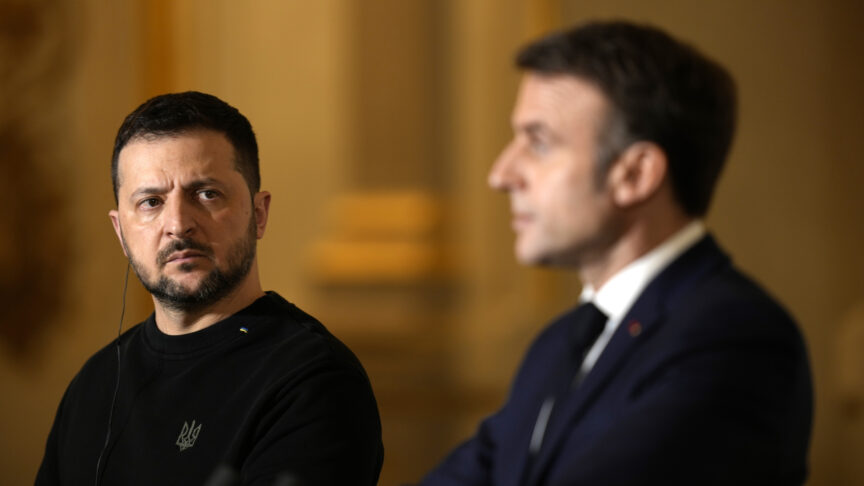Europe would welcome a surprise act of statesmanship
The historic reordering of British politics has been overshadowed by the world?s worst financial crisis in generations. The rest of Europe waits to see what David Cameron will do.
Rarely – or perhaps never – in the history of post-war
Europe has a British Prime Minister launched his continental policy at a time
of such economic turmoil.
The formation of the UK’s first coalition government since
the Second World War, with its unlikely honeymoon between two semi-juvenile
male leads, excites the Westminster microcosm and enthralls the nation (or so
we are told).
Here, on the other side of the Channel, fear of unmanageable
financial dynamics and out-of-control eurozone politics stalks the
chancelleries and sets the public agenda.
The genteel reordering of British politics is overshadowed
by the staggering financial and political upheaval triggered by the latest
chapter in the continuing drama of the world’s biggest financial crisis in
generations.
In an extraordinary display of economic, political and
psychological obtuseness, Germany’s government single-handedly reignited a new
round of market angst last week by banning naked short-selling without warning
any of its EU partners, instantly destroying much of the beneficial fall-out
from the decision not quite two weeks ago to create a €750bn safety net for
financially struggling nations.
Consternation is growing even among Germany’s friends across
the continent as the government in Berlin retains its deeply parochial focus on
the politics of the Bundestag and the constitutional court, seemingly forgetful
that its every move is evaluated, over-analysed and magnified by the financial
markets. Berlin looks positively autistic in its refusal or inability to see
and acknowledge the fundamental dynamics of today’s globalised and terrifyingly
precarious financial edifice.
The increasing uncertainty over the eurozone’s ability to
steer its ship through the hurricane is pushing Europeans towards a harsh
choice. They can either take a leap of faith into fully fledged political
integration or face the prospect of the euro’s possible demise – and with it
the collapse of the post-war project of European integration.
In Europe’s present dire straits, David Cameron must choose
between three alternatives. He can sit on the sidelines with a friendly grin,
hoping others will sort out the mess. He can strive for narrow political
advantage, manoeuvring to reinforce his relationship with his counterpart in
Paris or Berlin as tensions and suspicions mount within the Franco-German axis.
Or he can surprise and thrill the European public, and
perhaps even some of his home audience, by reaching for the mantle of
statesmanship and working as a mediator of European unity rather than promoting
disharmony. What a delightfully new role that would be for a Prime Minister of
Her Majesty’s Government.
This piece was first published in The Independent on 22 May.
The European Council on Foreign Relations does not take collective positions. ECFR publications only represent the views of their individual authors.


